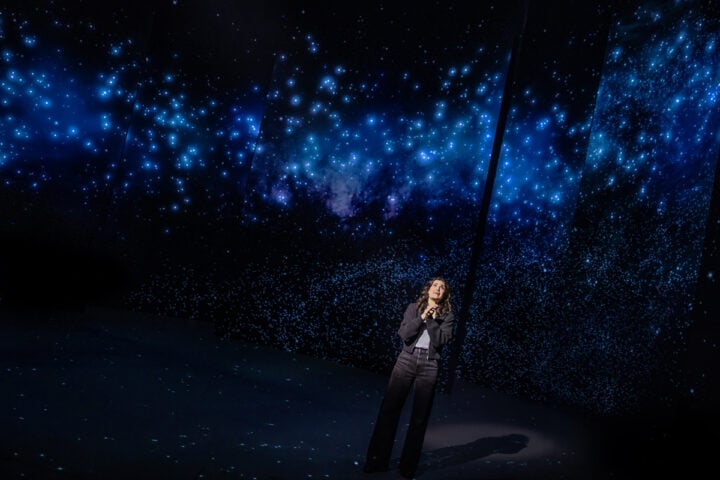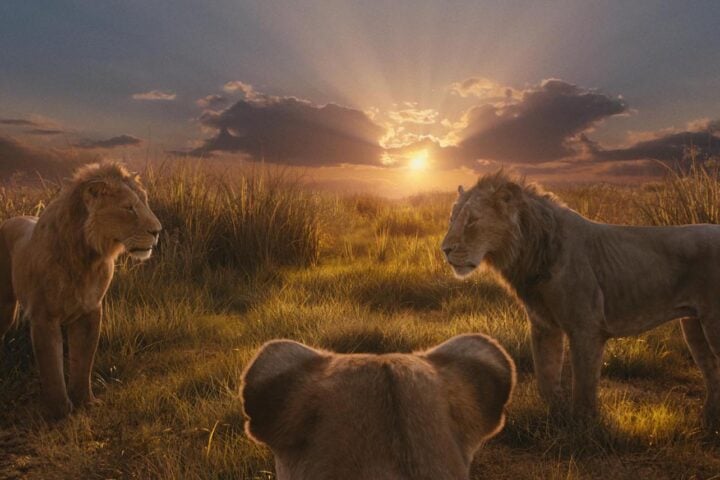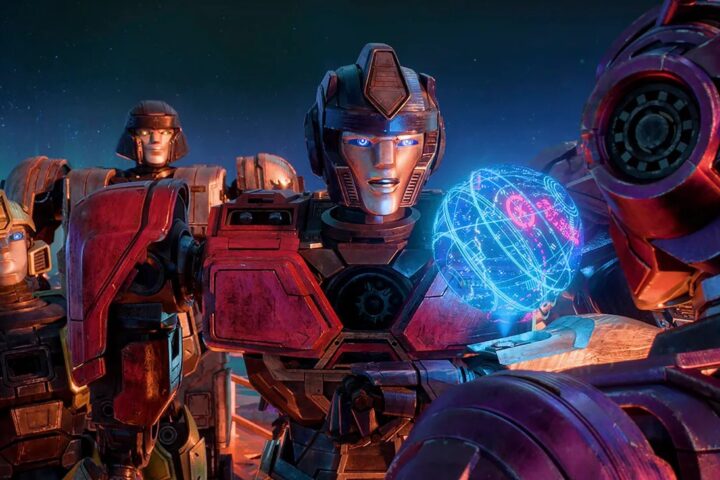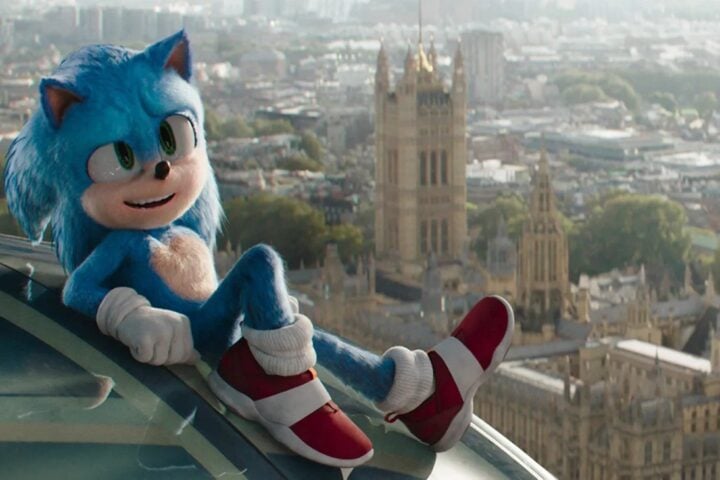Rachel Morrison’s feature directorial debut, The Fire Inside, uses the framework of a traditional boxing drama without ever being constrained by it. Telling the true story of trailblazing boxer Claressa “T-Rex” Shield, it has the fundamentals of the genre down pat, from the inspiring speeches to the robust training montages to the exhilarating fights scenes. But the nuanced script, keen-eyed direction, and a pair of powerhouse lead performances elevate the film into something richer, realer, and more moving.
We first meet Claressa (Jazmin Headley) as a stringy young kid from Flint, Michigan, walking to the local gym, where she silently stares down the boys until someone agrees to train her. That someone is Jason Crutchfield (Brian Tyree Henry), an affable ex-boxer who could’ve been a contender back in the day and now trains the next generation of potential champions. After putting Claressa through her paces, Jason confesses to his wife, Mickey (De’Adre Aziza), that he’s not sure about the idea of teaching a girl to box. The pointed stare he receives in return quickly puts paid to those doubts, and pretty soon he and Claressa are taking the sport by storm.
The next time we see Claressa she’s 17, played now by Ryan Destiny, and on her way to competing at the 2012 Summer Olympics in London. There’s a real confidence to the way that Barry Jenkins’s screenplay springs forward rather than walking us through Claressa’s sporting education, and The Fire Inside’s spritely pace is enhanced by Harry Yoon’s editing, which ensures that we never lose track of where or when we are in Claressa’s story.
The Olympics provide the film with the setting for a series of fight scenes as Destiny thrives in the ring—her movements as hard and sharp as the stuff her hometown was named after, her face a glowering steel mask. During the fights, The Fire Inside employs a range of visual flourishes that always serve the story, as when it briefly keys us, via a brief switch to a first-person point of view, to Claressa’s panic as she’s battered by a much larger opponent.
Elsewhere, Rina Yang’s camera pulls way back to render an important match as if it were splashed across a colorful canvas, the fighters reduced to a dash of red and a dash of blue, and the momentous scale of the is occasion made fully visible. In one seamless transition, so self-consciously cool for the way it collapses time, the camera circles Claressa as she pummels an opponent, spinning all the way around her back before landing on a new challenger now on the receiving end of our protagonist’s blows. (Think of it as like Roy Jones Jr. dropping his hands mid-bout.) And the visual energy of the fights is matched perfectly by Tamar-kali’s score, which combines soaring string arrangements with guttural, distinctly modern drumbeats.
In other hands, The Fire Inside could have been a by-the-numbers account of an underdog proving everyone wrong. It’s a story about overcoming sexist double standards, yes, but also about the struggles of abandoned communities like Flint, and the added pressure that puts on the athletes coming out of them. When Claressa’s father, Clarence (Adam Clark), returns from prison midway through the film, eager to reconnect with his daughter and start taking credit for her accomplishments, he isn’t reduced to a stock villain—just as Claressa’s on-and-off relationship with Zay (Idrissa Sanogo) doesn’t become a lesson on the need to let people in. Which is to say, The Fire Inside never takes the easy way or the cheap shot. From its darkest moments to its most triumphant ones, everything is marked by a vivid emotional authenticity.
At the heart of it all is the relationship between Claressa and Jason. Henry is a perfect fit for the role—able to switch from grizzly bear to teddy bear on a dime, and to deliver a punchline with deadly deadpan power. Destiny is as exciting a prospect as the real Claressa Shields was when she burst on the scene. She has the difficult task of playing a character who’s going through such a complicated turmoil of powerful emotions at all times, while fighting furiously to keep any of it from showing. And the two actors share a wonderful chemistry, able to imbue the slightest of gestures—a half-smile, the lean of a hug—with emotional heft.
Since 2001, we've brought you uncompromising, candid takes on the world of film, music, television, video games, theater, and more. Independently owned and operated publications like Slant have been hit hard in recent years, but we’re committed to keeping our content free and accessible—meaning no paywalls or fees.
If you like what we do, please consider subscribing to our Patreon or making a donation.





